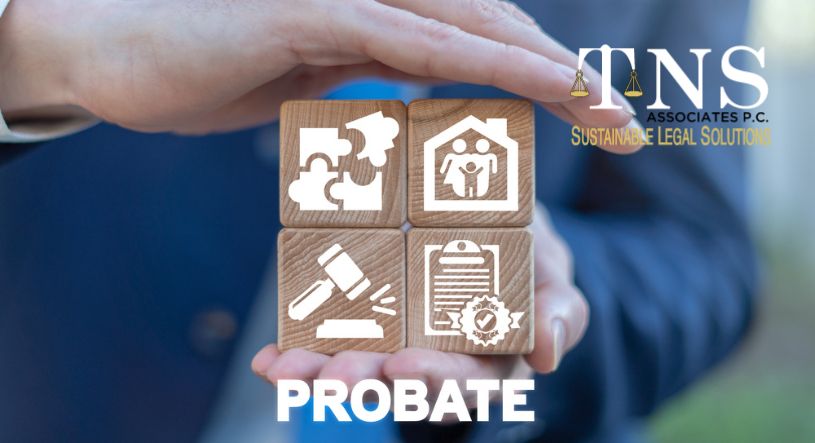Difference between Death Probate and Living Probate

When a loved one passes away, their estate must go through probate. This is a legal process that oversees the distribution of their assets to their heirs and creditors. But what is the difference between death probate and living probate?
Death Probate
Death Probate is the judicial process that validates a deceased person’s will, settles any outstanding debts, and distributes assets to beneficiaries. It is initiated after someone passes away and is often a critical step in ensuring that their last wishes are honored.
The probate process is overseen by a probate court judge, and it is typically initiated by the executor of the deceased person’s will. If there is no will, the probate court will appoint an administrator to handle the estate.
The probate process can vary from state to state, but it generally includes the following steps:
- Filing a petition for probate: The executor or administrator files a petition with the probate court, along with the deceased person’s death certificate and a copy of their will (if they had one).
- Notifying creditors: The executor or administrator must notify the deceased person’s creditors of their death. Creditors have a certain amount of time to file claims against the estate.
- Appraising the assets: The executor or administrator must have the deceased person’s assets appraised to determine their value.
- Paying debts and taxes: The executor or administrator must pay off the deceased person’s debts and taxes.
- Distributing the assets to the beneficiaries: Once all debts and taxes have been paid, the executor or administrator can distribute the remaining assets to the beneficiaries according to the deceased person’s wishes.
Living Probate
Living probate is a legal process that allows someone to manage their own estate while they are still alive. This can be useful for people who are incapacitated or who want to make sure that their assets are distributed in a certain way after they die.
Living probate is typically initiated by creating a living trust. A living trust is a legal document that transfers ownership of assets to a trustee. The trustee is responsible for managing the assets according to the grantor’s instructions.
The grantor of a living trust can specify how their assets should be managed and distributed after they die. This can help to avoid the probate process and ensure that their assets are distributed according to their wishes.
If you are unsure which type of probate is right for you, it is important to consult with an experienced estate planning attorney. A probate attorney in Denver, Colorado can help you to assess your needs and develop a plan that meets your specific goals.
Securing Tomorrow with Thomas N. Scheffel & Associates, P.C.
Understanding the nuances between death probate and living probate is vital for anyone looking to secure their legacy or protect their interests during incapacity. While death probate ensures your wishes are fulfilled after passing, living probate protects you during your lifetime.
Thomas N. Scheffel & Associates, P.C., with their comprehensive legal services, stands ready to assist with these sensitive matters. Don’t wait until it’s too late; take control of your future today and ensure peace of mind for yourself and your loved ones. Contact our probate Attorney in Littleton CO for a consultation and take the first step towards a secure tomorrow.
